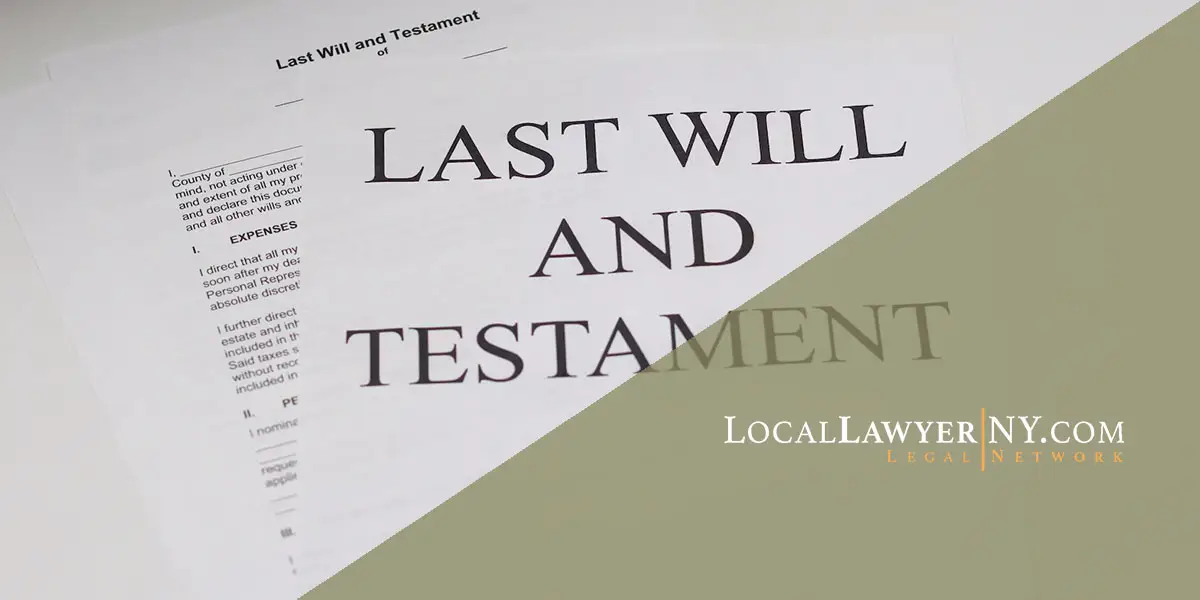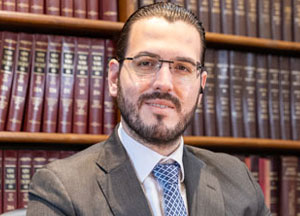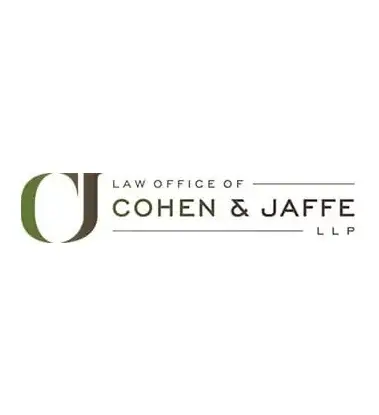Author: AlexFit
Introduction to the Ancient Document Exception for a New York Will
Navigating the complexities of estate planning and probate in New York can be challenging, especially when dealing with older documents. A key aspect of this process is understanding the Ancient Document Exception, a unique provision in New York law that affects the handling of old wills. This article delves into what this exception entails, its requirements, and its implications for both individuals and attorneys.
What is the Ancient Document Exception?
The Ancient Document Exception is an evidentiary rule in New York’s legal system. It allows for the admission of older documents into evidence under certain conditions, bypassing the usual requirement for authentication through witness testimony. This rule is particularly relevant for wills that are several decades old, where witnesses may no longer be available to attest to the document’s validity.
Requirements for Applying the Ancient Document Exception
To apply this exception, several criteria must be met. The document must be at least 20 years old, free from any signs of tampering, and found in a natural place of custody. Additionally, the document must have been stored in a manner that assures its authenticity. These requirements ensure that only genuine documents benefit from this exception.
The Process of Probating a Lost Will or a Will as an Ancient Document
Probating an old or lost will under the Ancient Document Exception involves a specific process. The proponent of the will must demonstrate that the document meets all the criteria of the exception. This may involve presenting evidence about the document’s age, condition, and storage history. The Surrogate’s Court then assesses this evidence to determine if the will can be admitted to probate without the usual authentication process.
Recent Changes to the Hearsay Exception for Ancient Data and Documents
Recent federal changes have impacted the hearsay exception for ‘ancient’ data and documents. These changes reflect the evolving nature of document storage and authentication in the digital age. It’s crucial for individuals and attorneys to stay informed about these developments to navigate the probate process effectively.
Implications and Considerations for Individuals and Attorneys
The Ancient Document Exception has significant implications for estate planning and probate. For individuals, it offers a pathway to probate old wills when traditional methods of authentication are not feasible. For attorneys, understanding this exception is crucial for providing practical advice and ensuring the smooth probate of estates involving older documents.
Conclusion
The Ancient Document Exception is a vital aspect of New York’s probate law, offering a solution for dealing with older wills. Its proper application ensures that the intentions of the deceased are honored, even when traditional authentication methods are not possible. As legal practices and technologies evolve, staying informed about such exceptions becomes increasingly important.
FAQs (Frequently Asked Questions):
What is the ancient document exception for a will in New York?
The ancient document exception allows for the admission of older wills into probate without the usual authentication process, provided they meet specific criteria.
Can a lost will be probated as an ancient document?
Yes, a lost will can be probated as an ancient document if it meets the criteria set forth under the Ancient Document Exception.
Are there specific requirements for applying the ancient document exception?
Yes, the document must be at least 20 years old, free from tampering, and found in a natural place of custody, among other requirements.
How do recent federal changes impact the hearsay exception for ‘ancient’ data and documents?
Recent changes reflect the evolving nature of document storage and authentication, impacting how ancient documents are treated under the hearsay exception.



